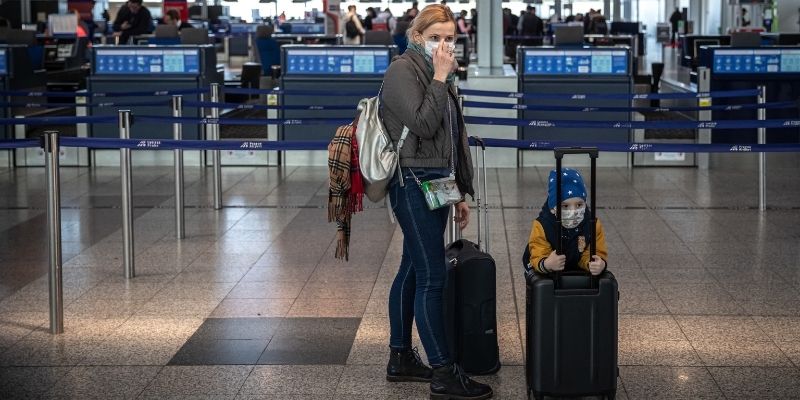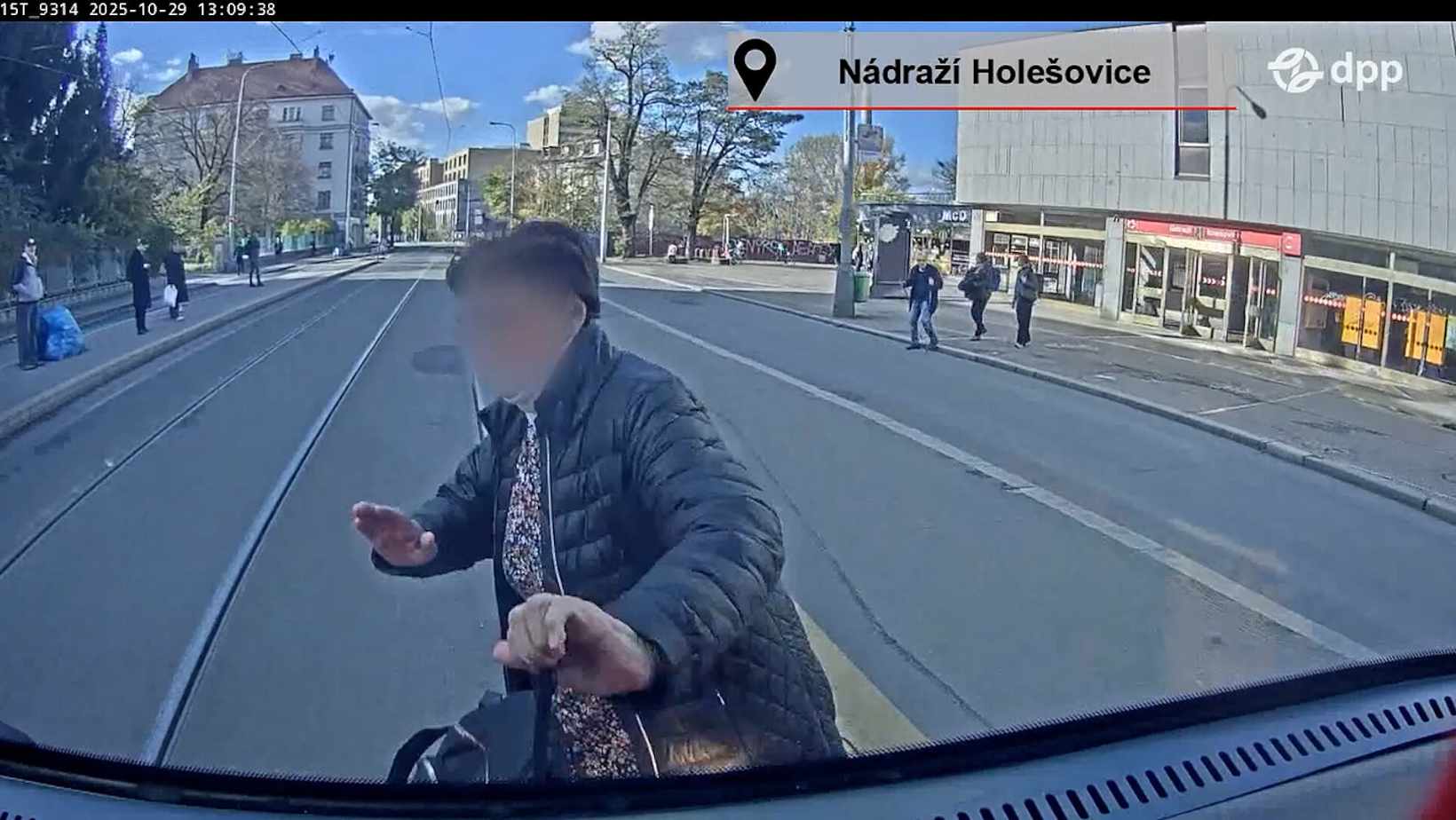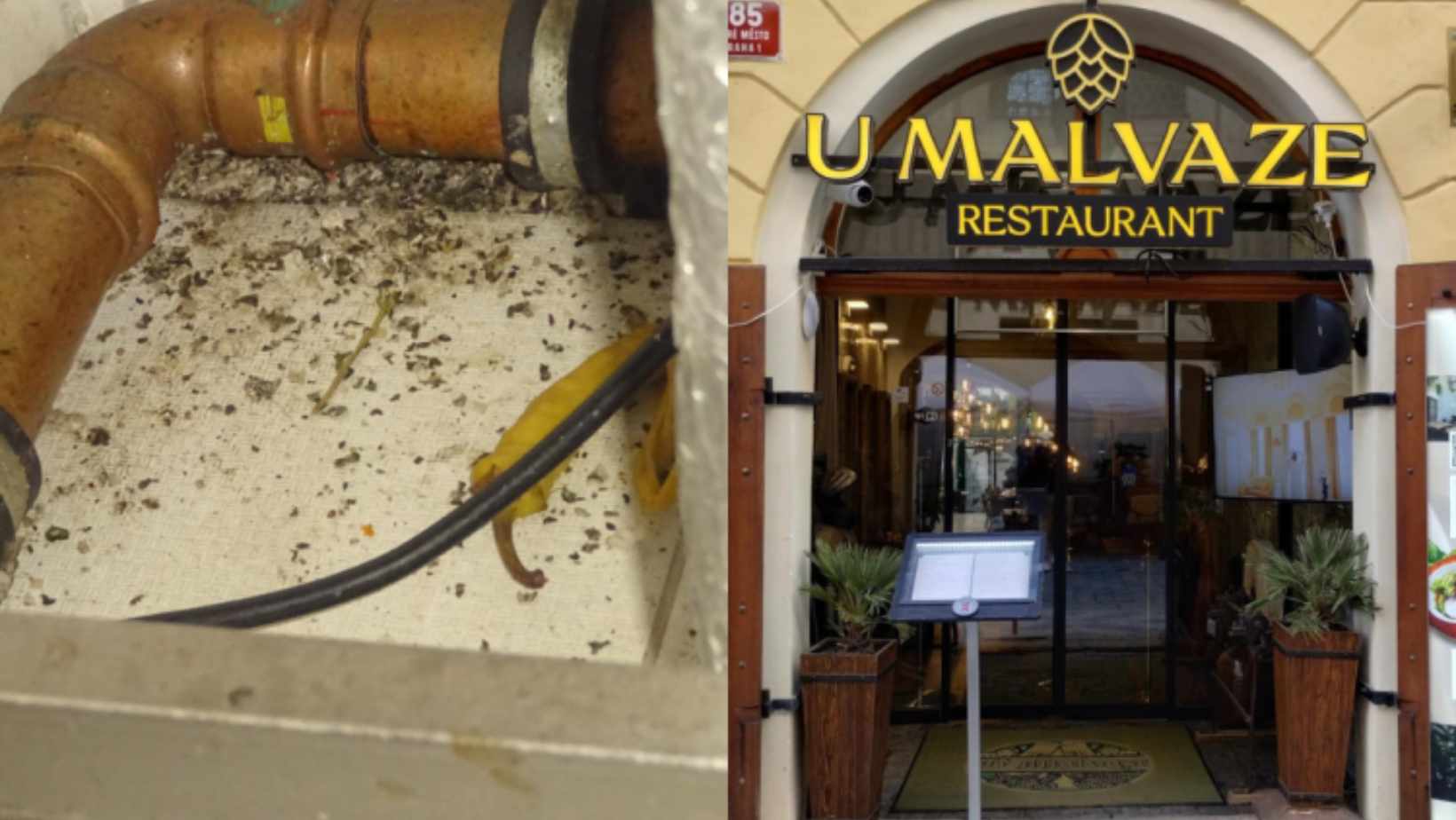For arrival in the Czech Republic from countries with a high risk of infection – including Slovakia, Britain, Spain, Portugal, the Baltic countries, Slovenia or Ireland – an antigen test will suffice until 14 February instead of PCR test.
On Monday, Foreign Minister Tomáš Petříček (ČSSD) stated that from Friday, February 5th, it is necessary to show a PCR test, when returning from countries with a very high risk.
The new category of so-called dark red (high-risk) countries have the strictest epidemiologic measures applicable to journeys. There is the obligation to submit a first PCR test done 72 hours or less prior to the departure, followed by a second PCR test undergone in the Czech Republic at the earliest the 5th day from the entry. Self-isolation is obligatory until the second negative test result is submitted.
At the same time, the obligation to wear a respirator of at least FFP2 class will apply for ten days from arrival.
These new rules apply both to arrivals of foreign nationals and to the returns of Czech citizens and residents to the Czech Republic.
However, the Foreign Minister pointed out that “there’s a transition period valid until February 14, during which it is possible to travel to the Czech Republic with an antigen test (not older than 24 hours) or to do a test only when entering the Czech Republic (ie at the airport),” said the Ministry of Foreign Affairs on Wednesday.
As of January 31st, 2021 there is in force a crisis measure to restrict free movement prohibiting all journeys of foreign nationals to the Czech Republic for other reasons than those absolutely essential.
What are antigen tests and what can they tell us?
An antigen test reveals if a person is currently infected with a pathogen such as the SARS-CoV-2 virus. Once the infection has gone, the antigen disappears.
Unlike nucleic acid-based tests such as PCR, which detect the presence of genetic material, antigen tests detect proteins or glycans, such as the spike proteins found on the surface of the SARS-CoV-2 virus.
Accuracy can also be a problem, with antigen tests typically having a much lower sensitivity than PCR.
However, they usually provide test results rapidly, are relatively cheap, and can be more amenable to point-of-care use, which could make them more suitable for testing in the community and in remote regions.
-
NEWSLETTER
Subscribe for our daily news











